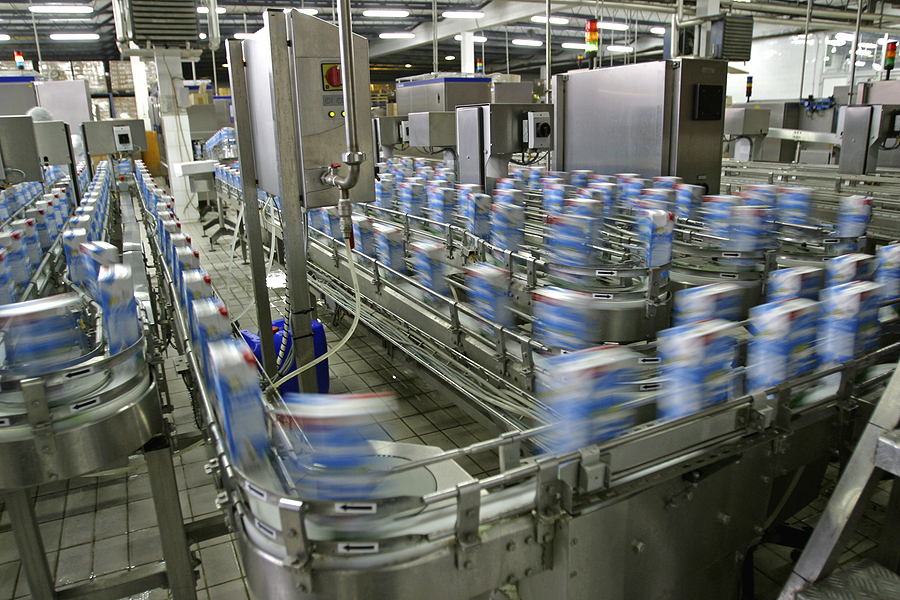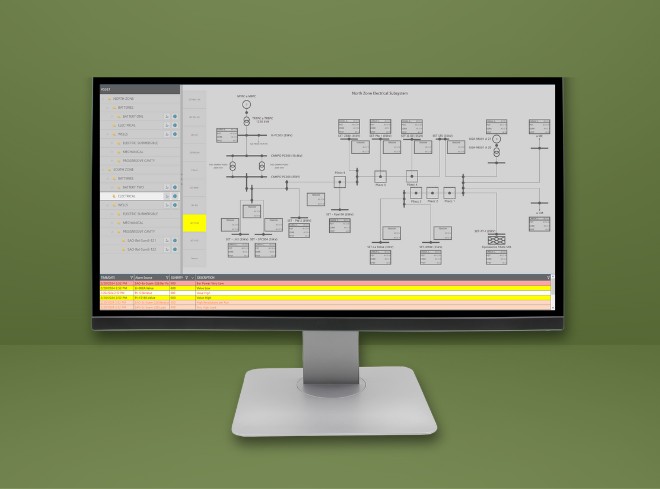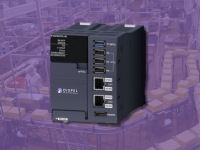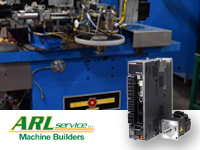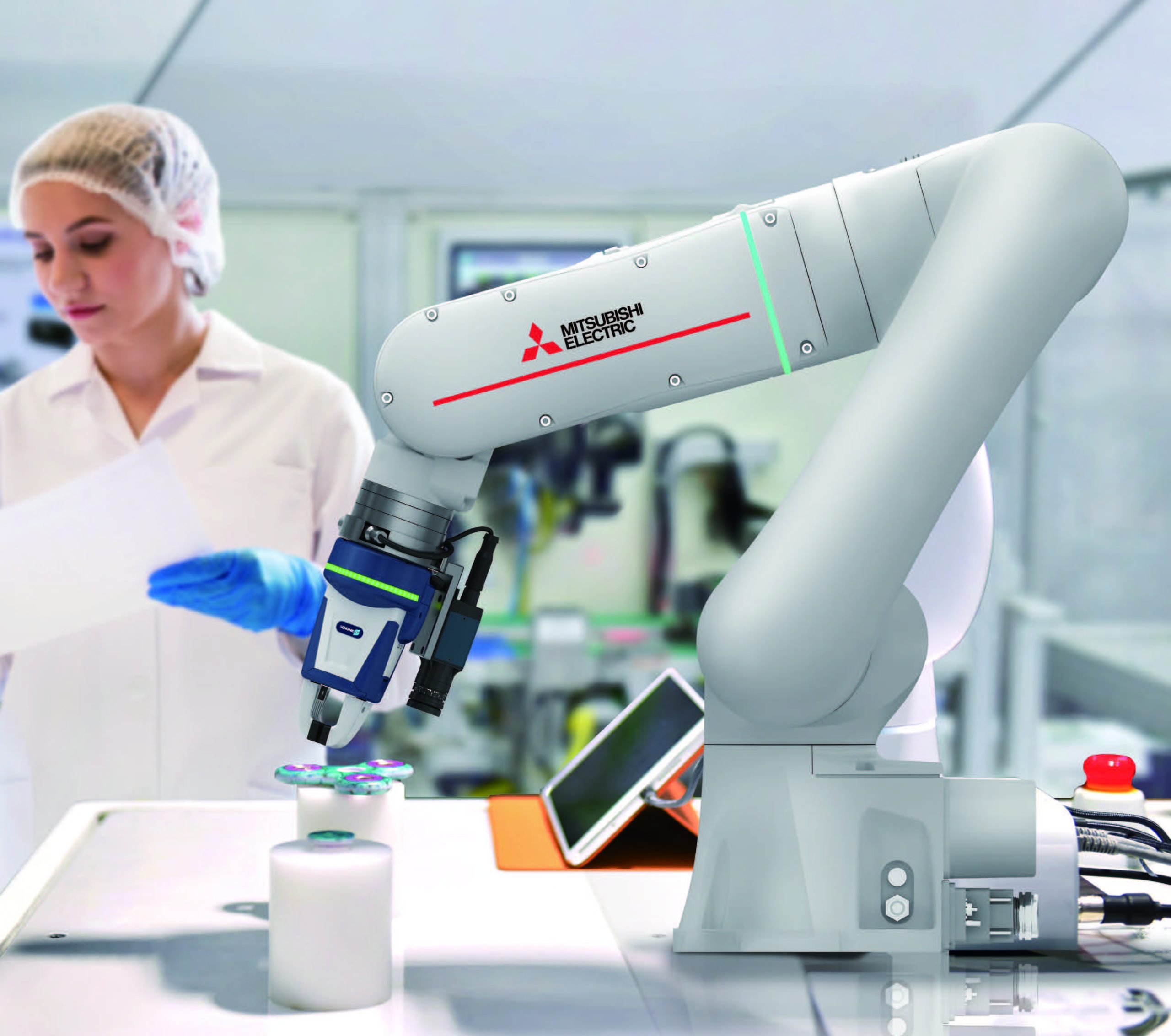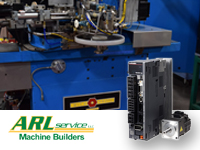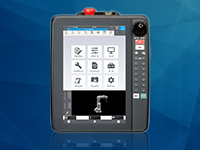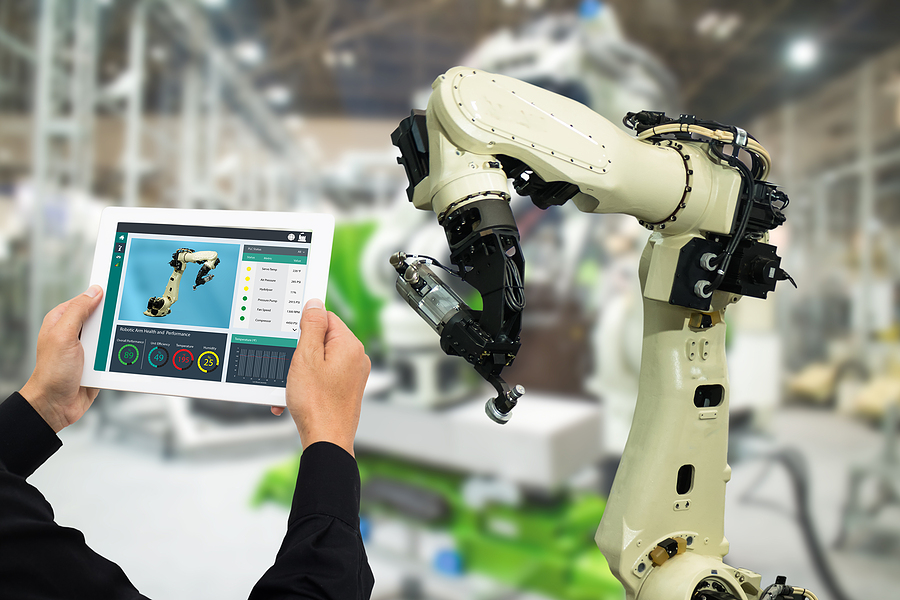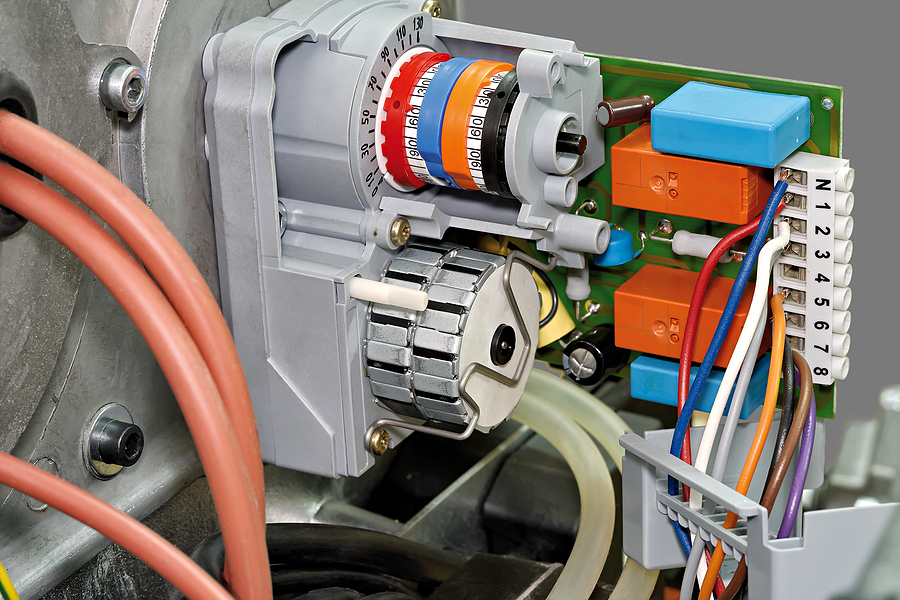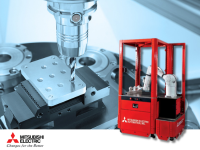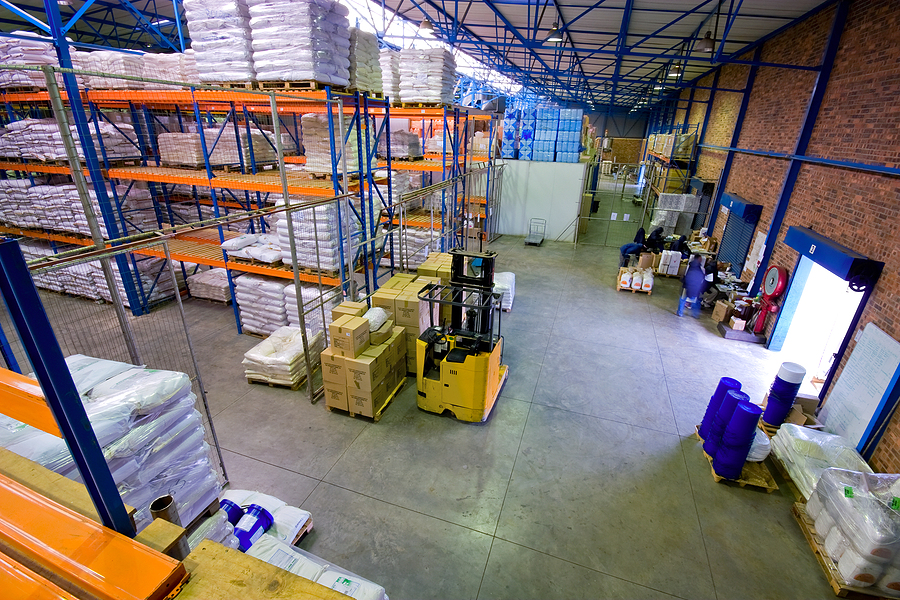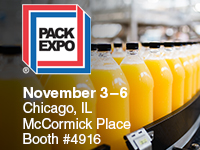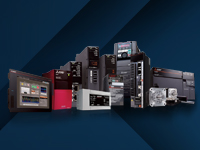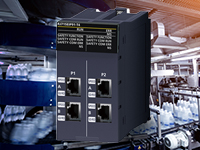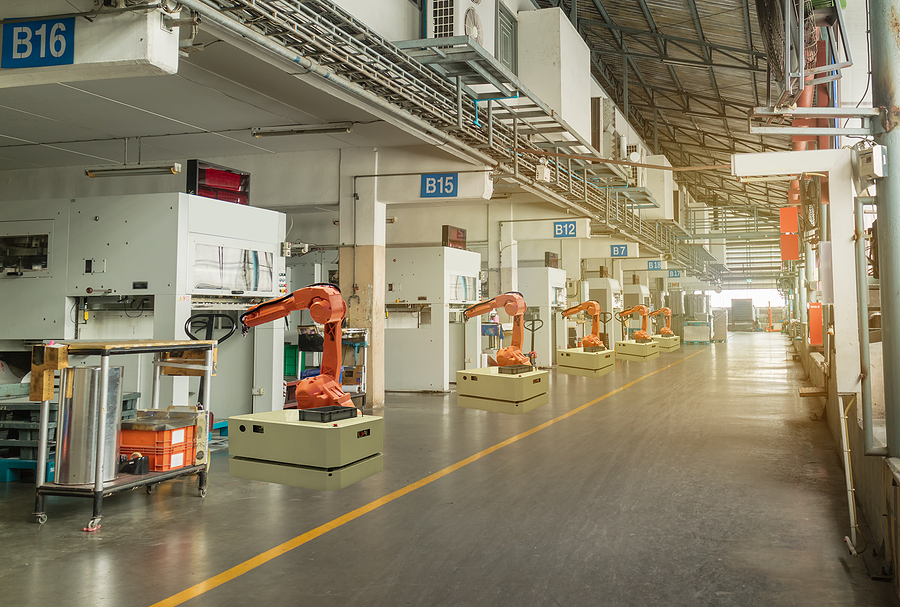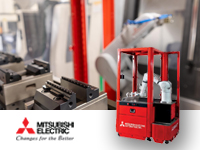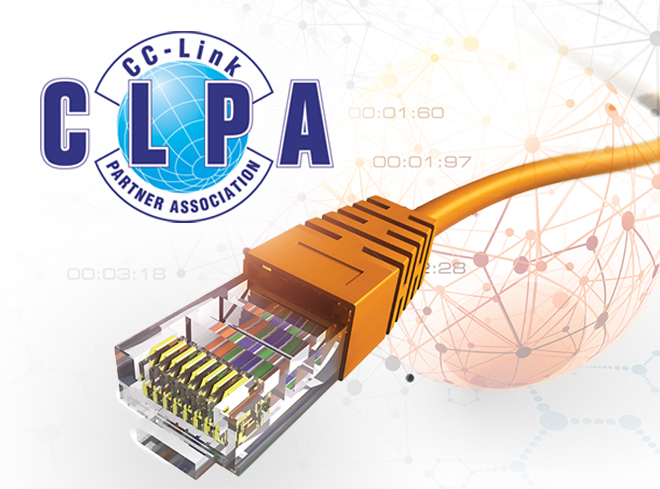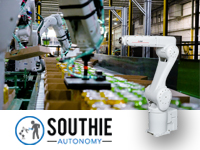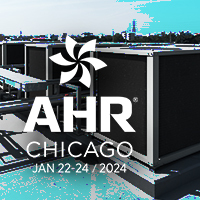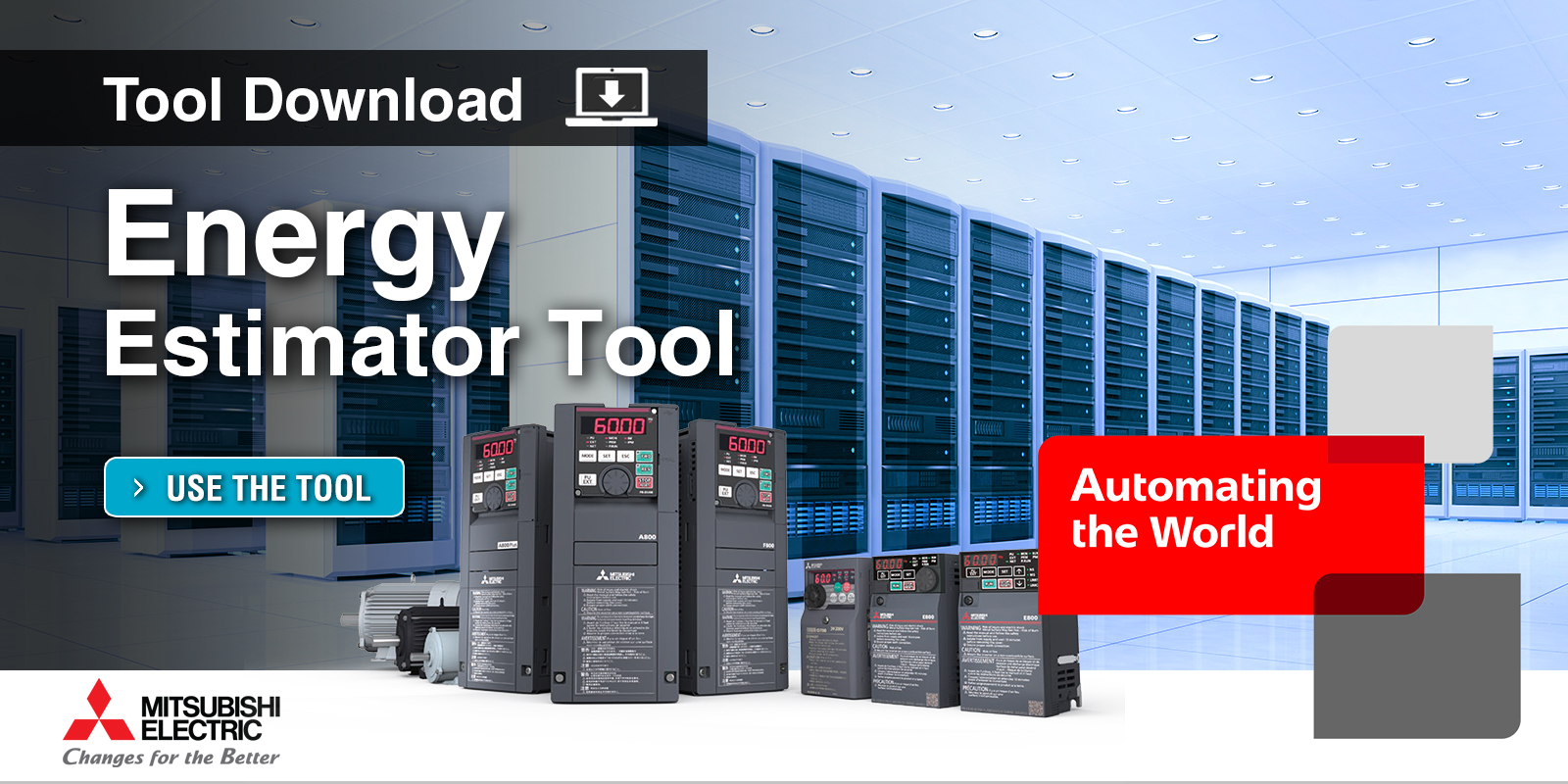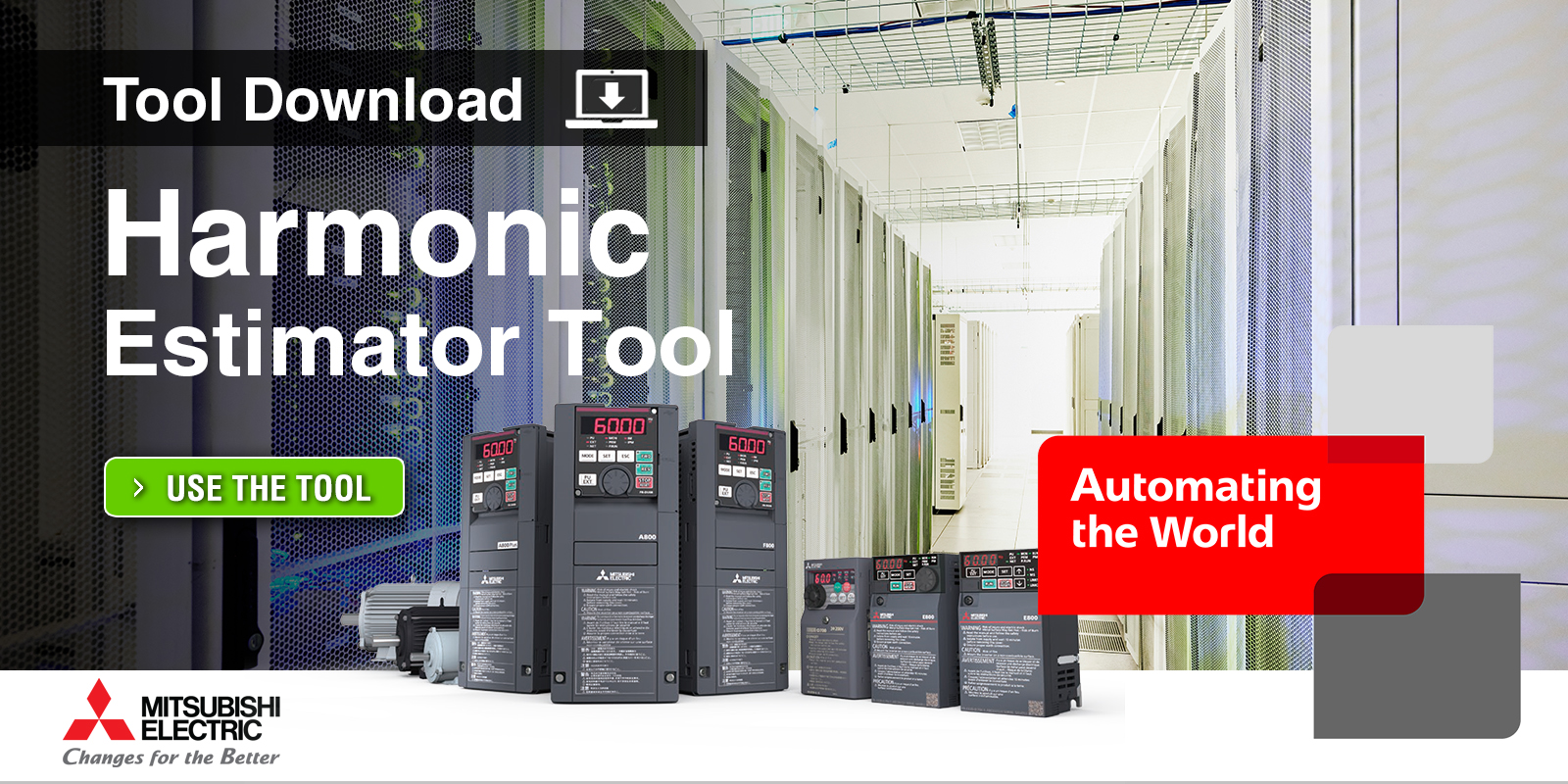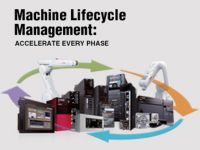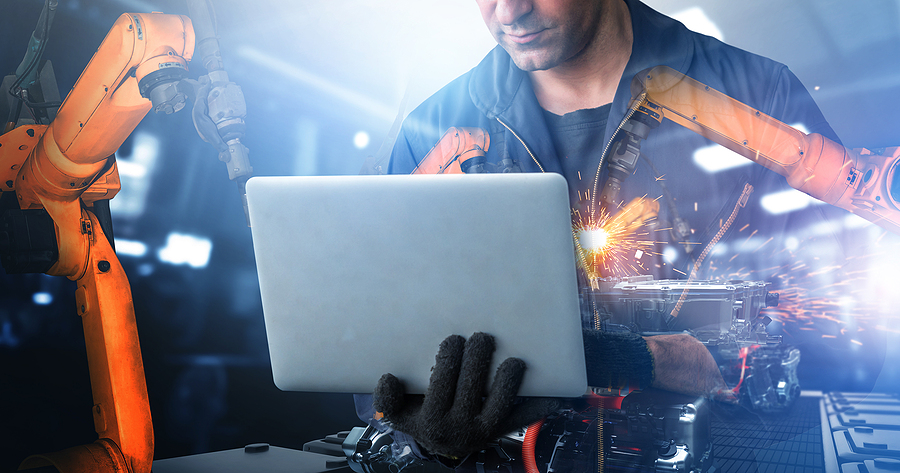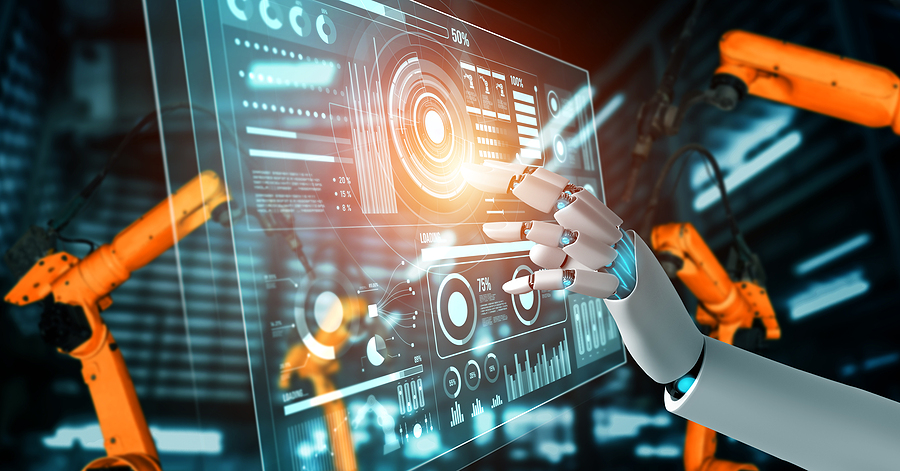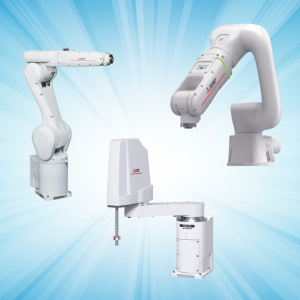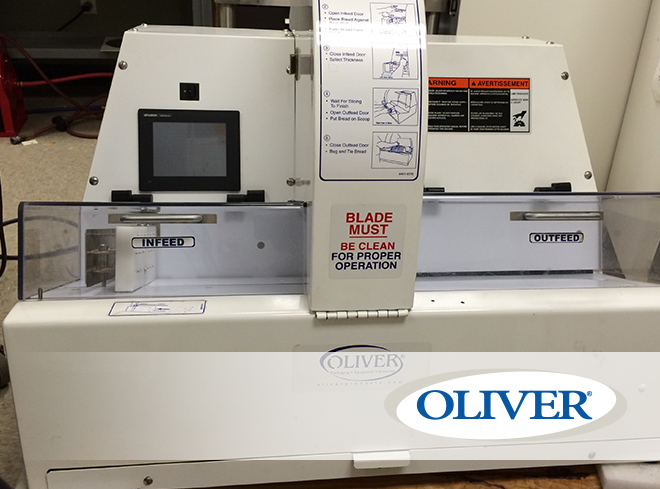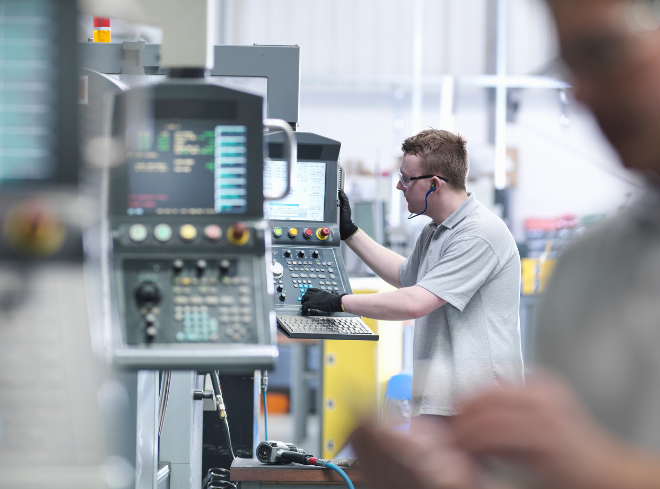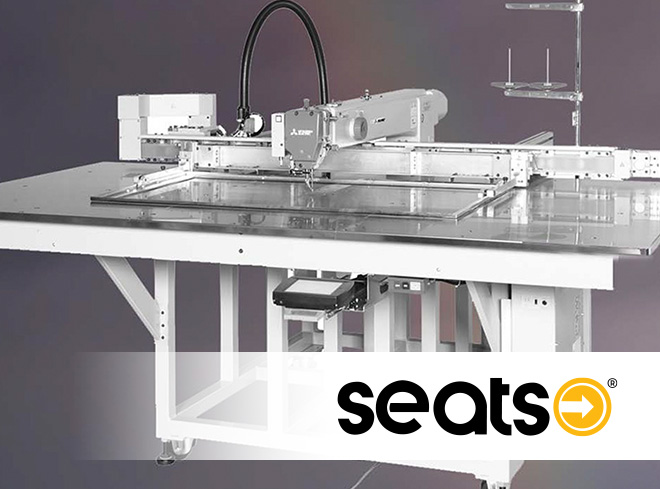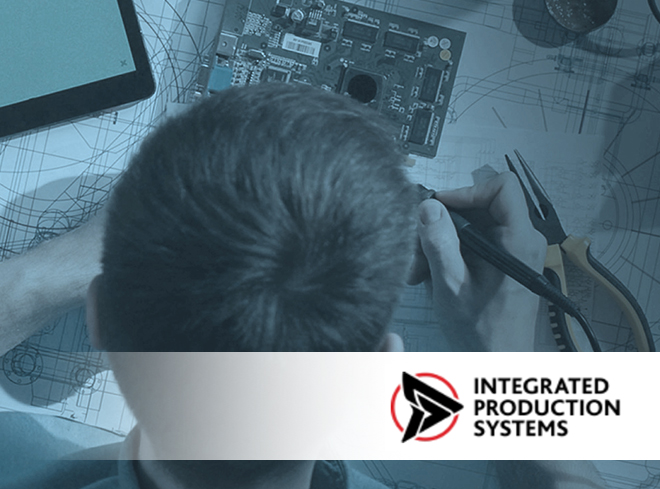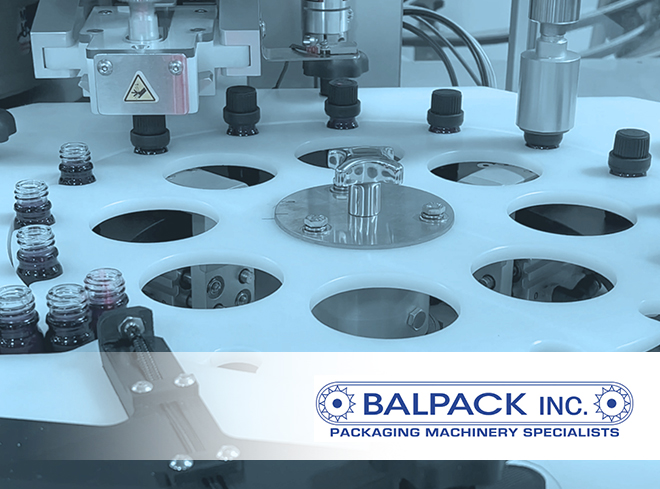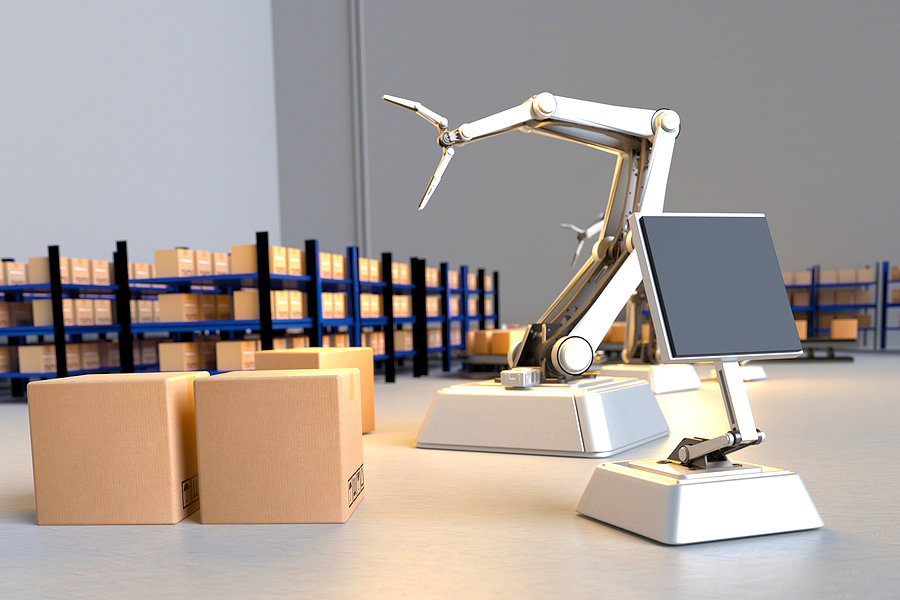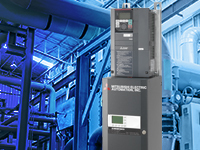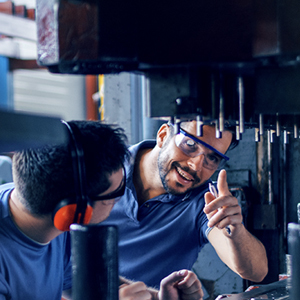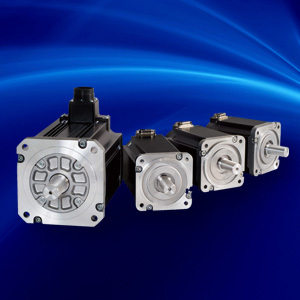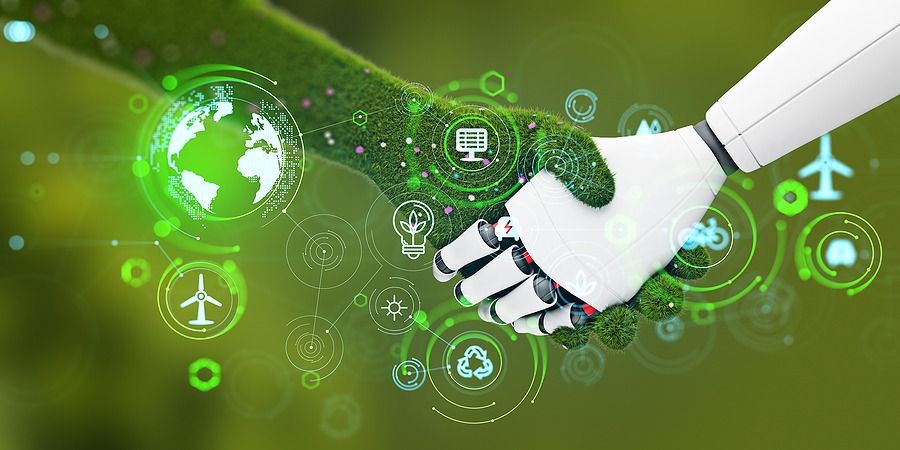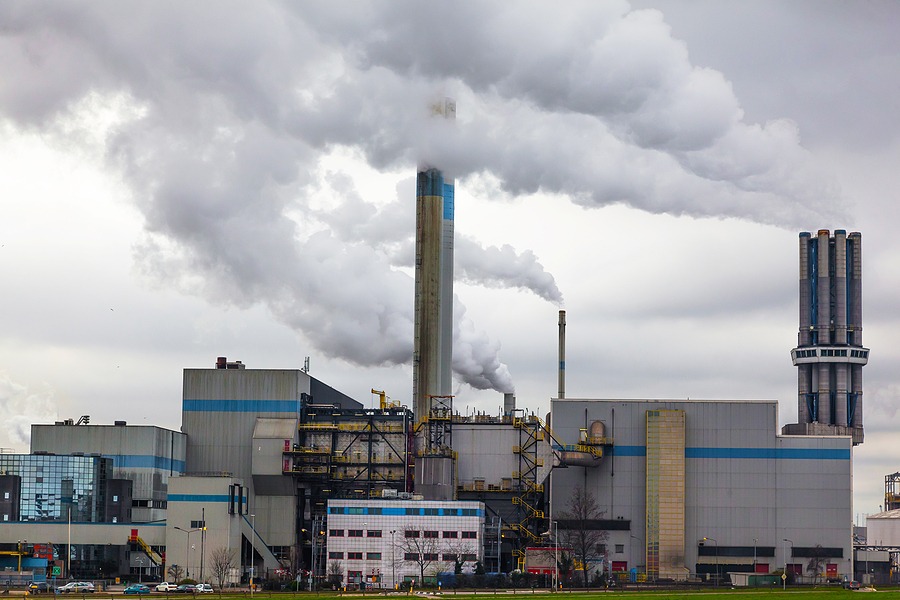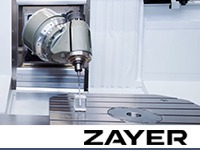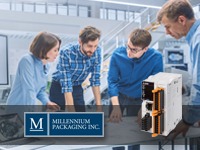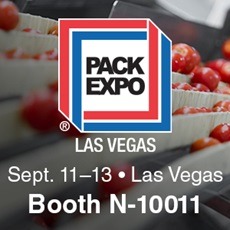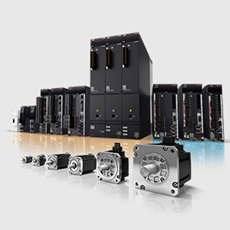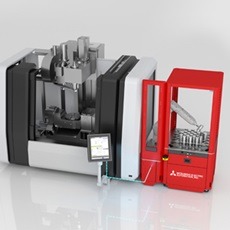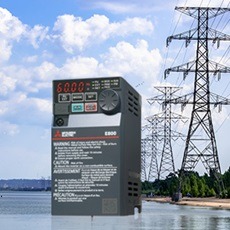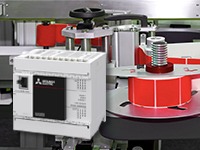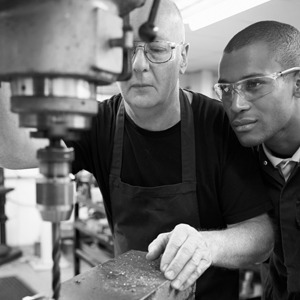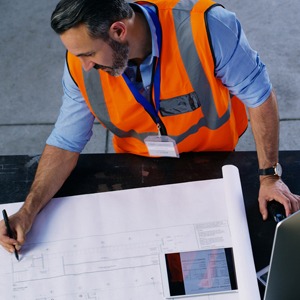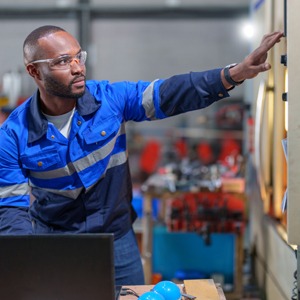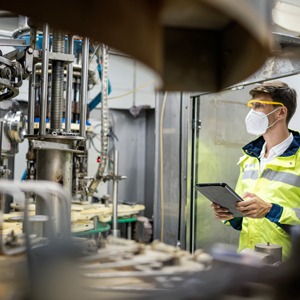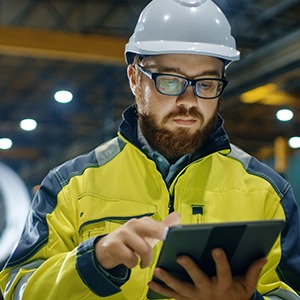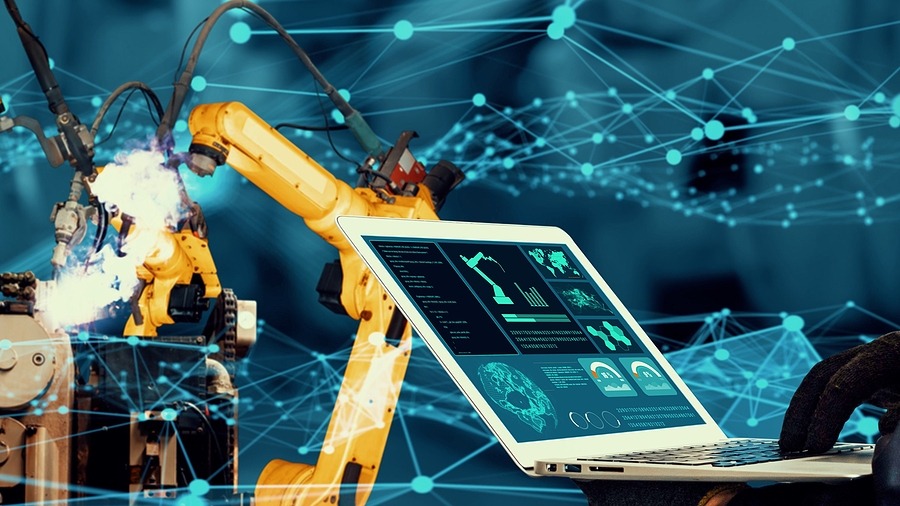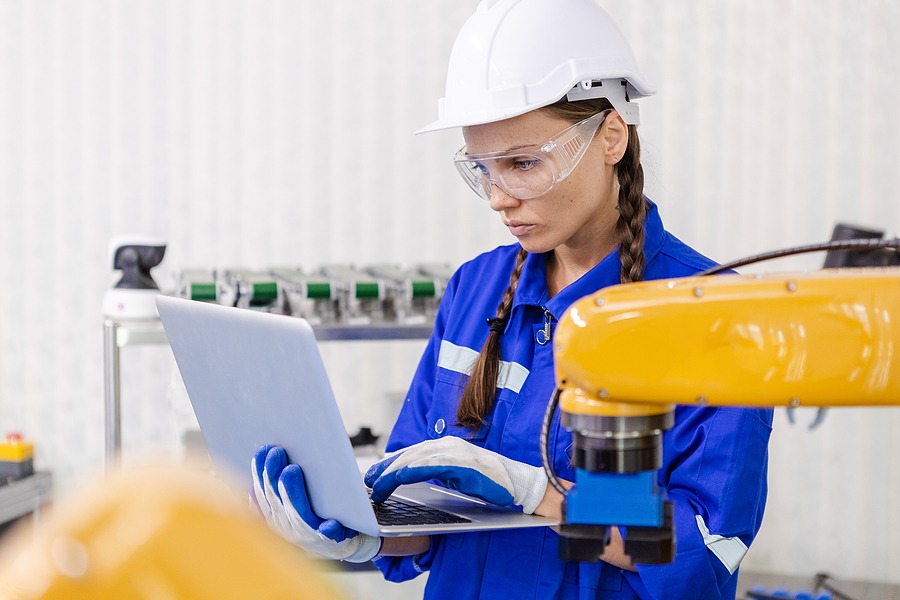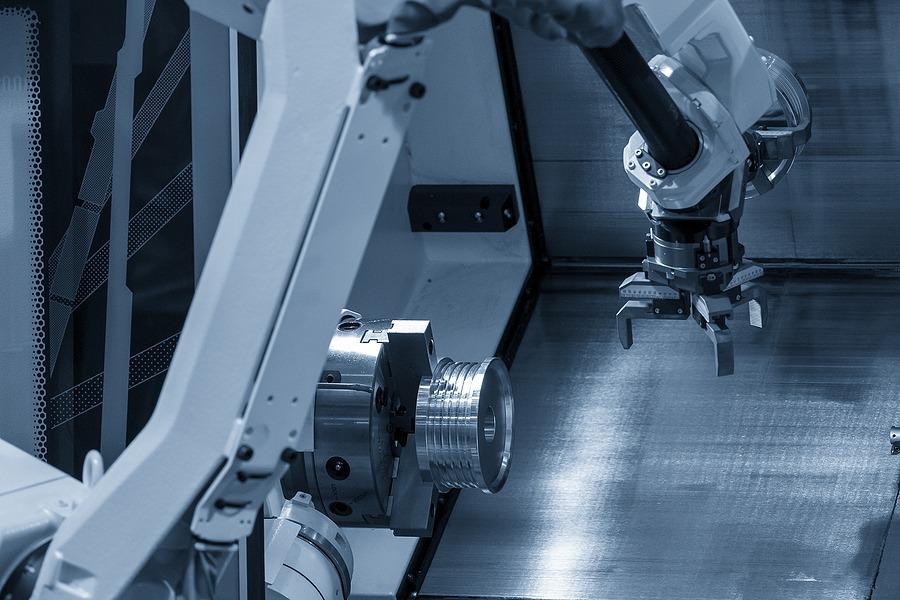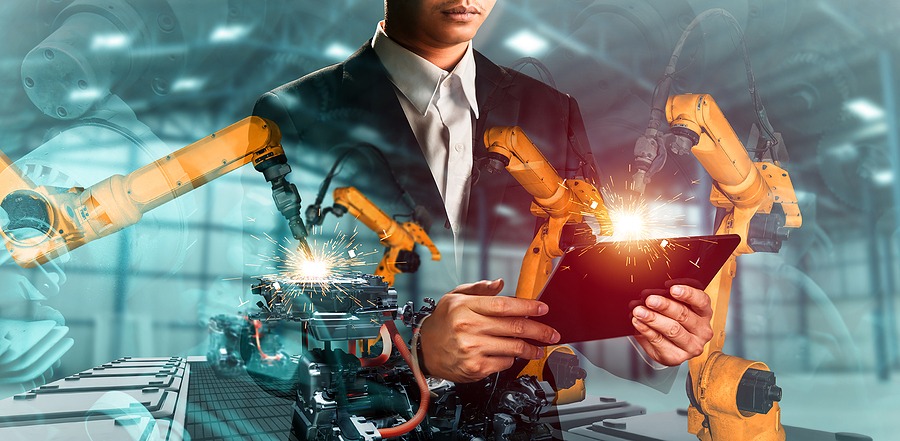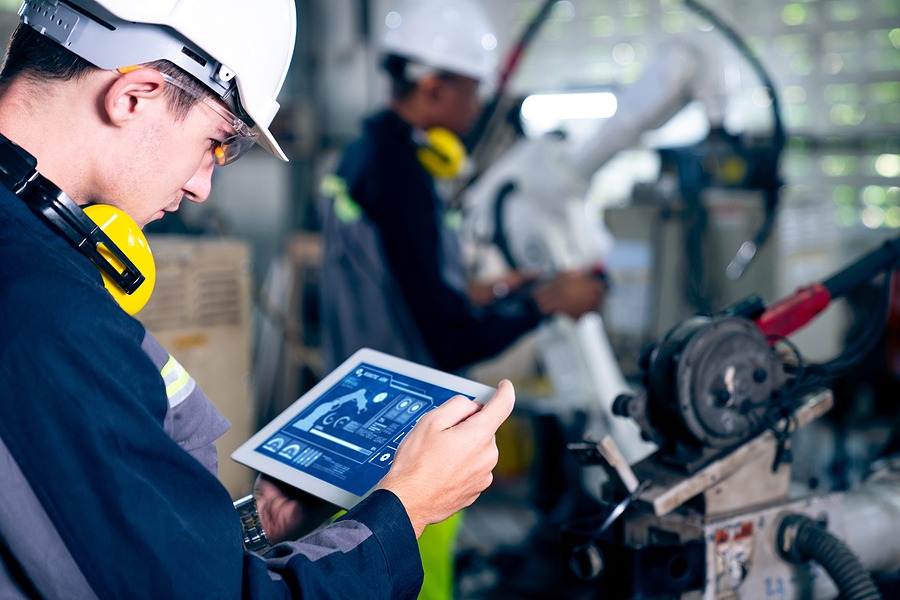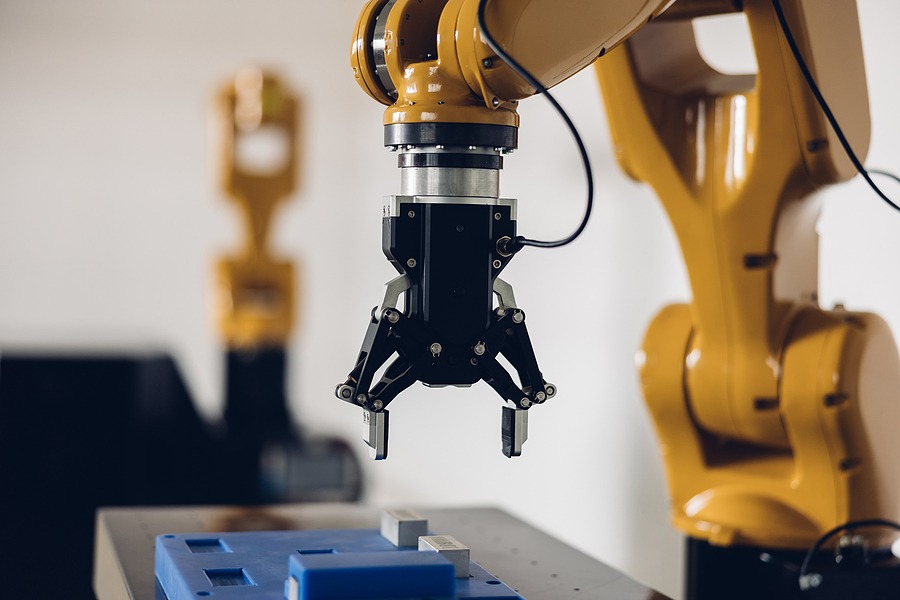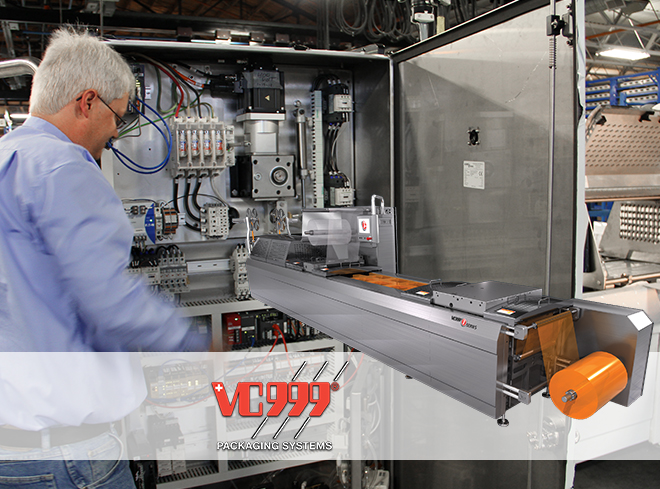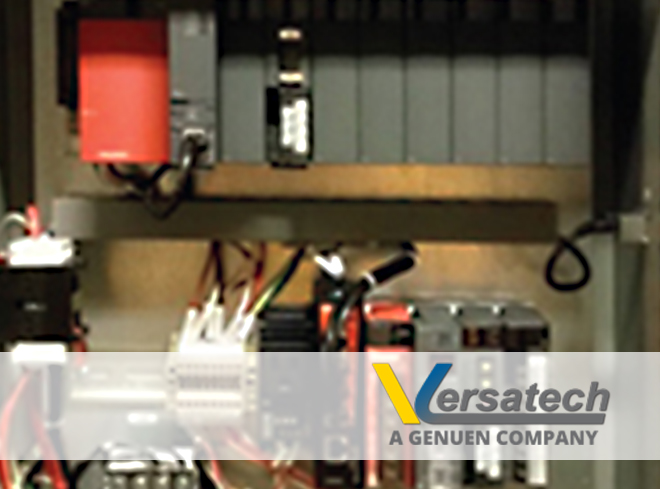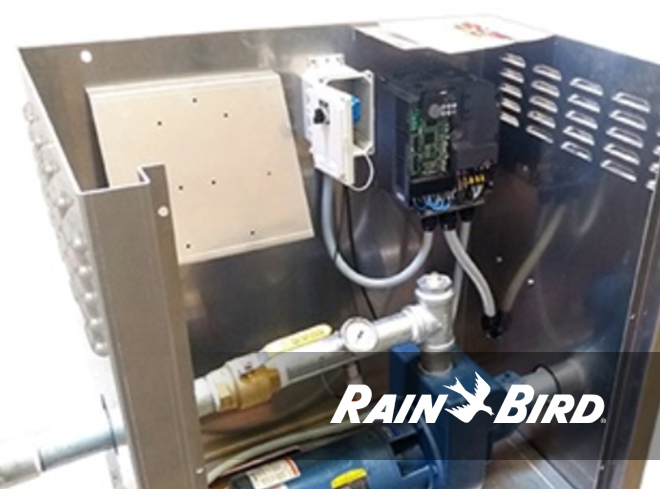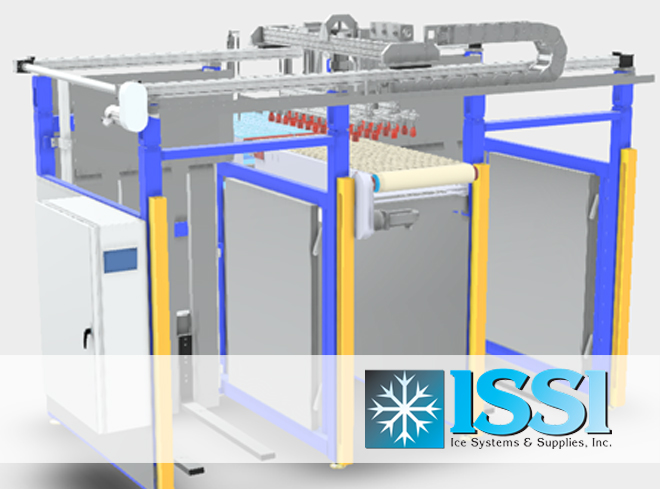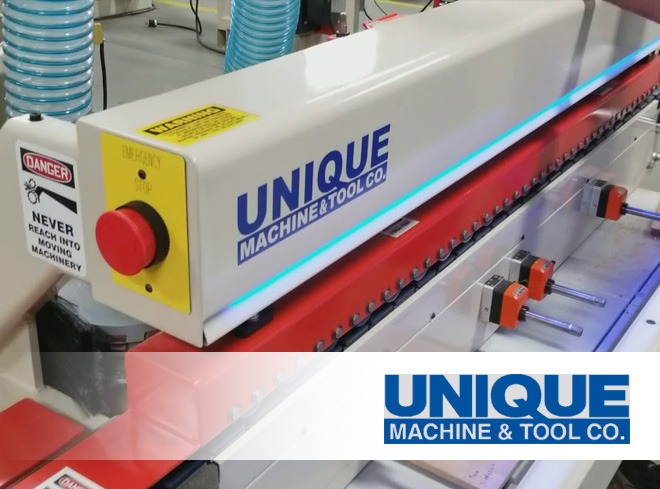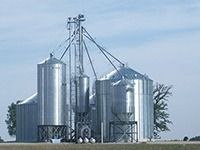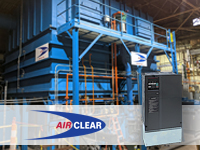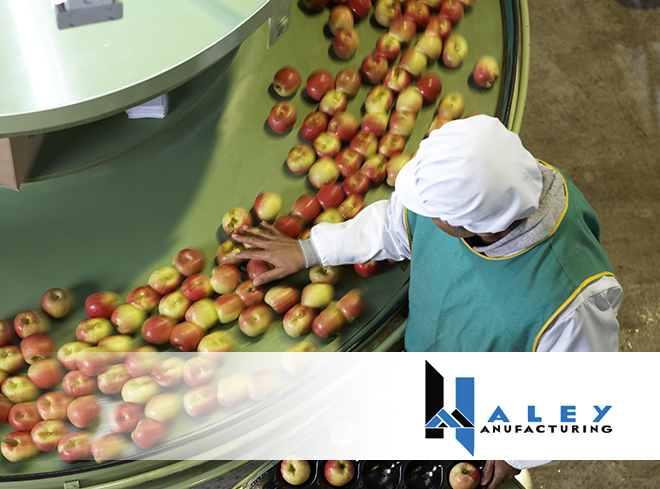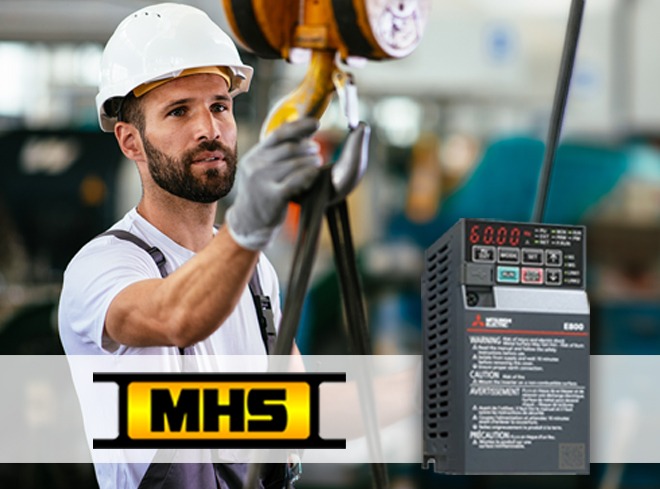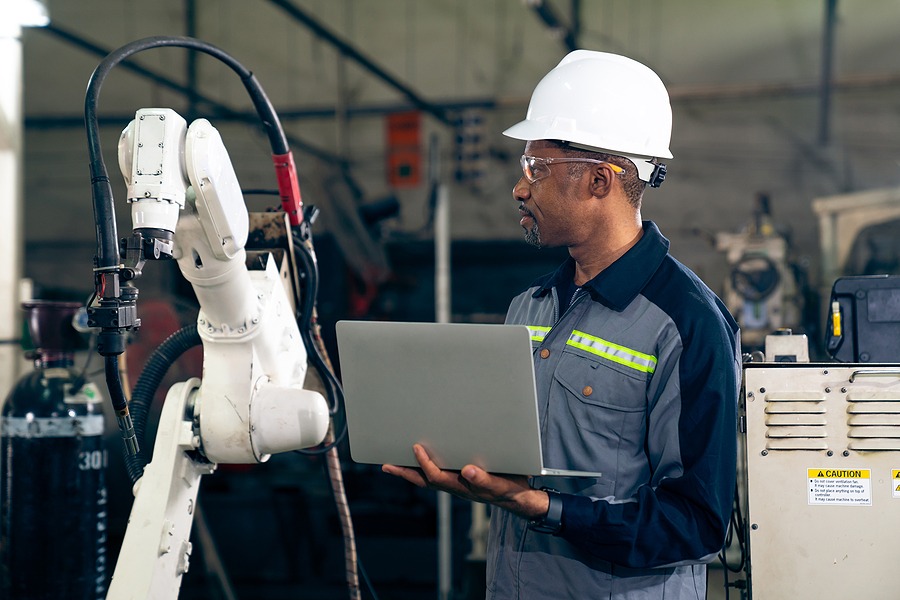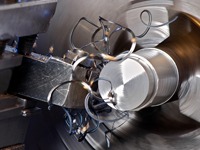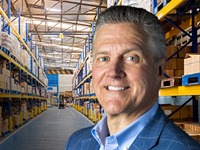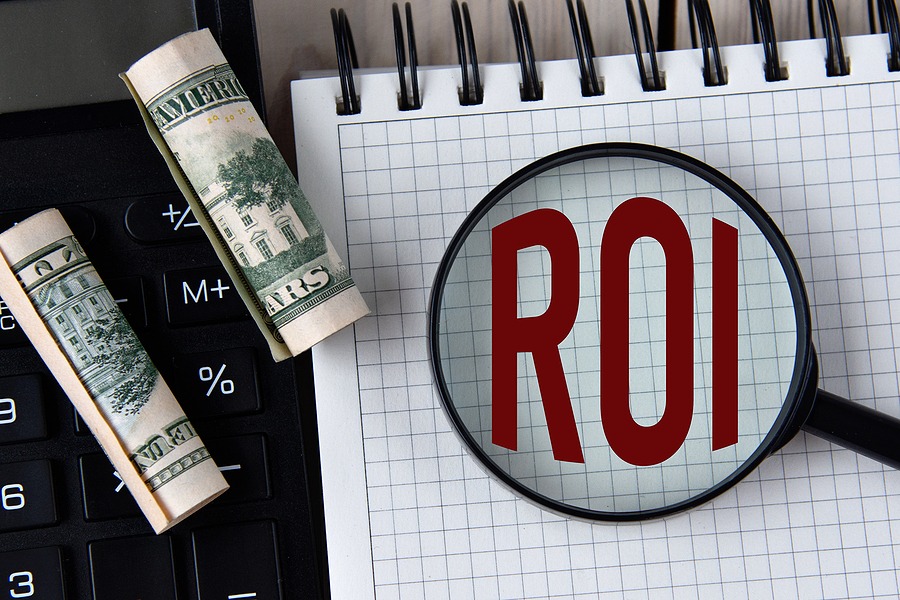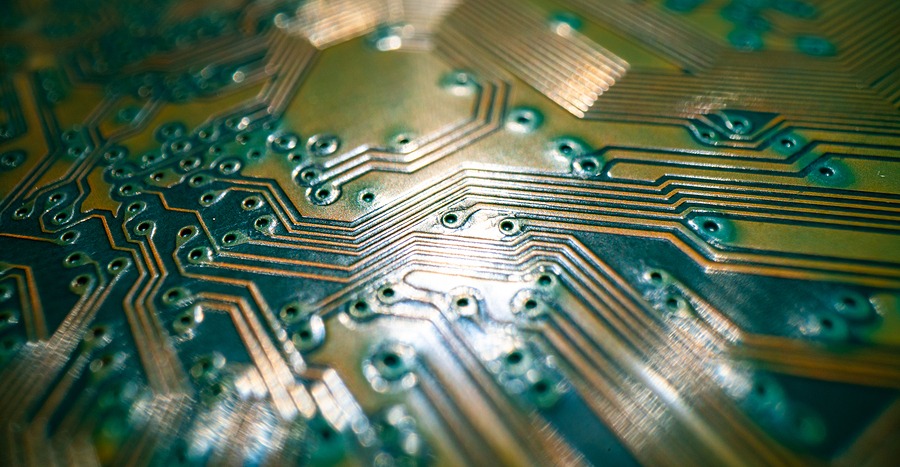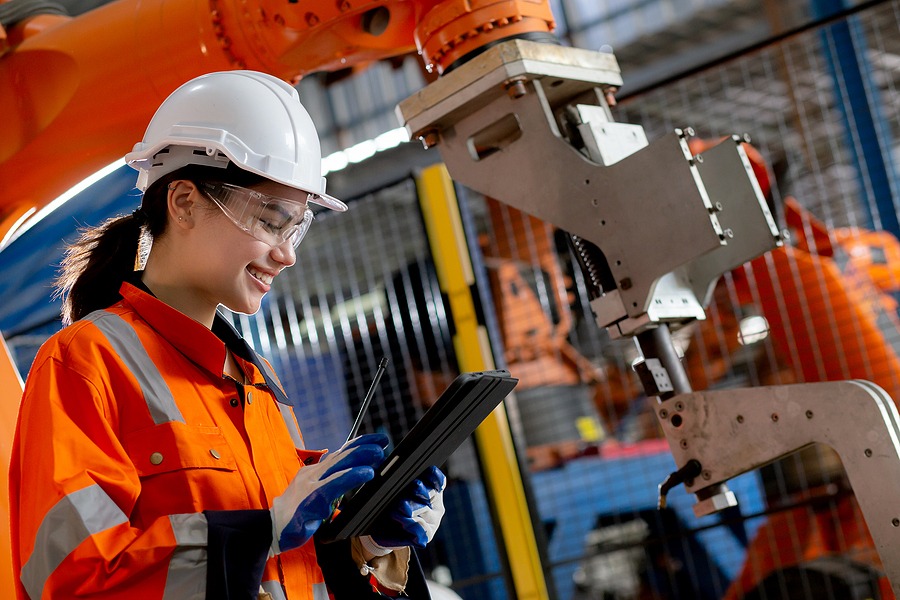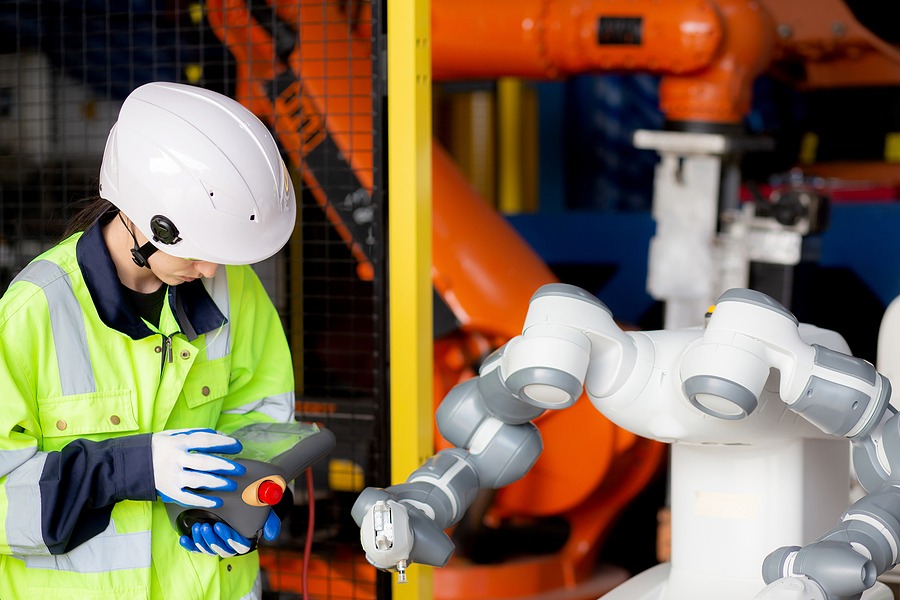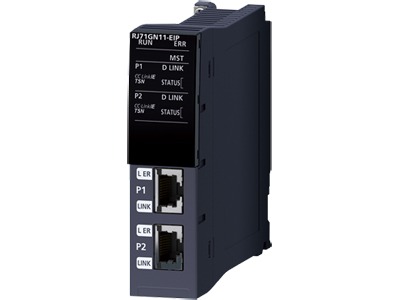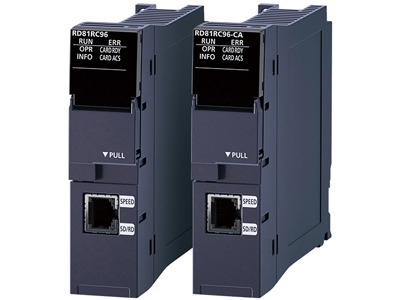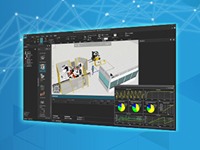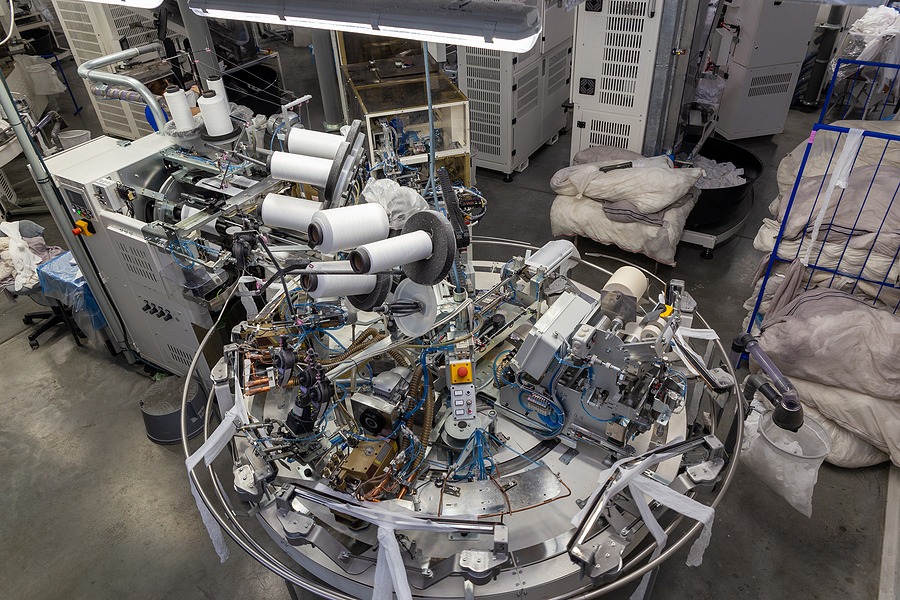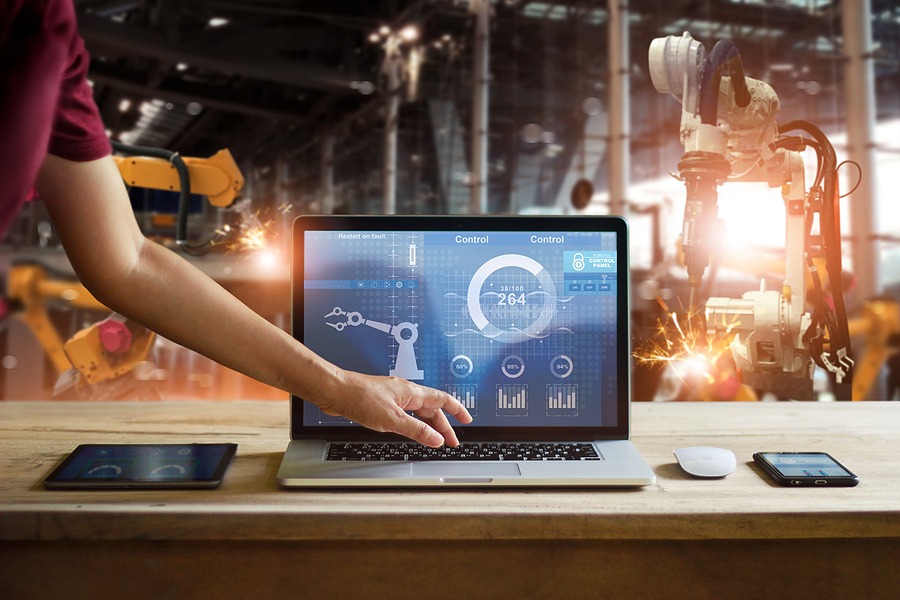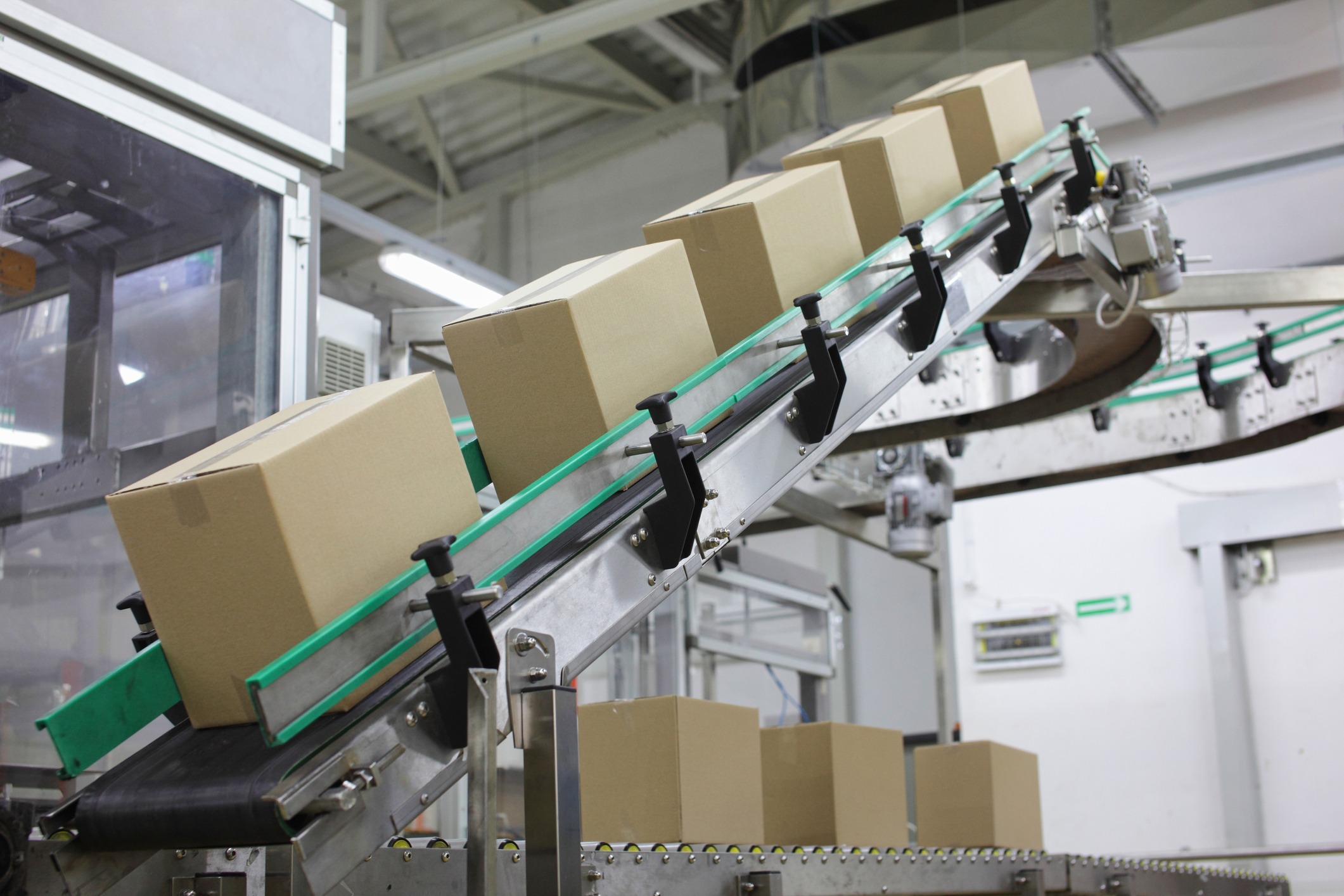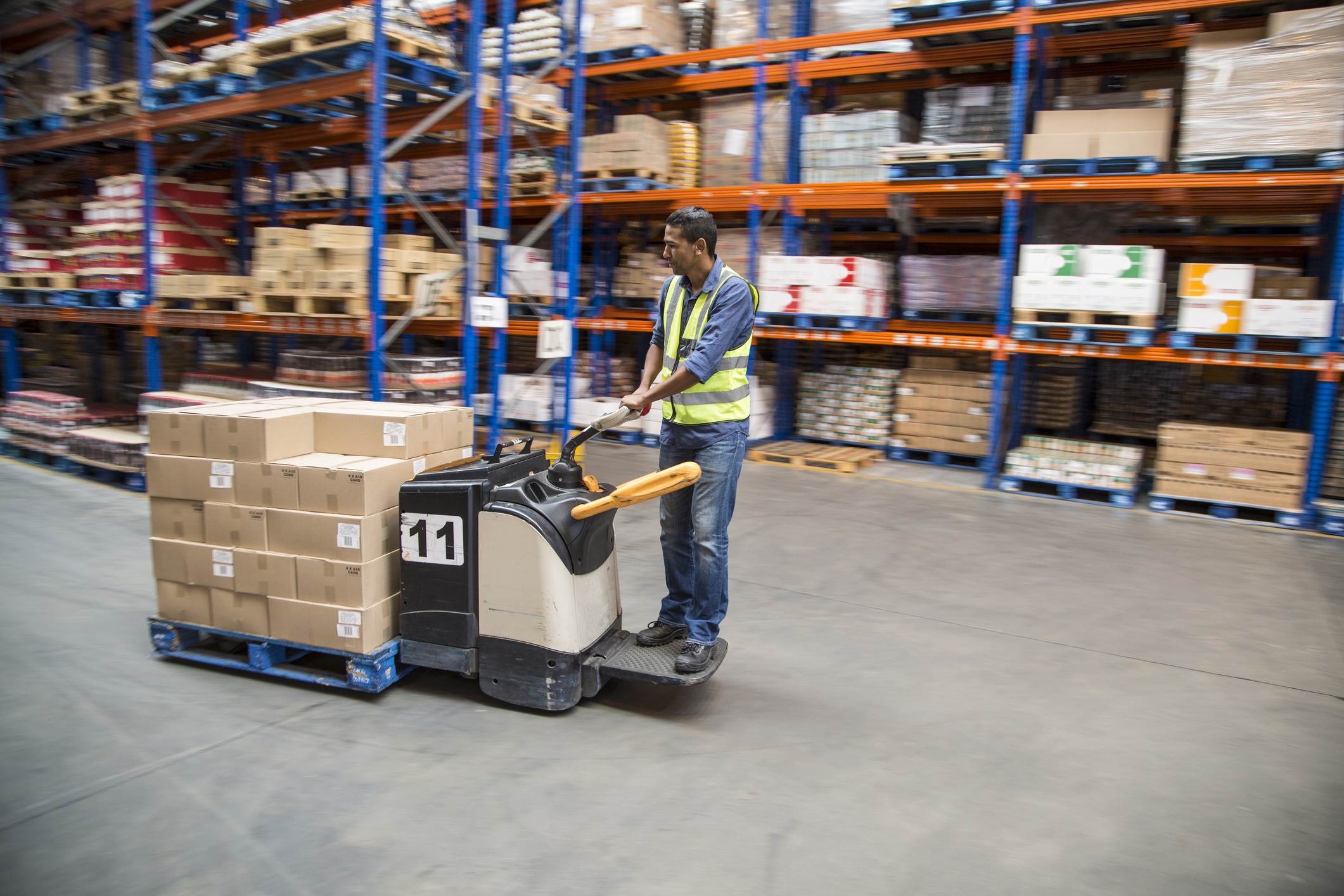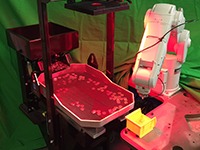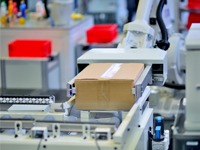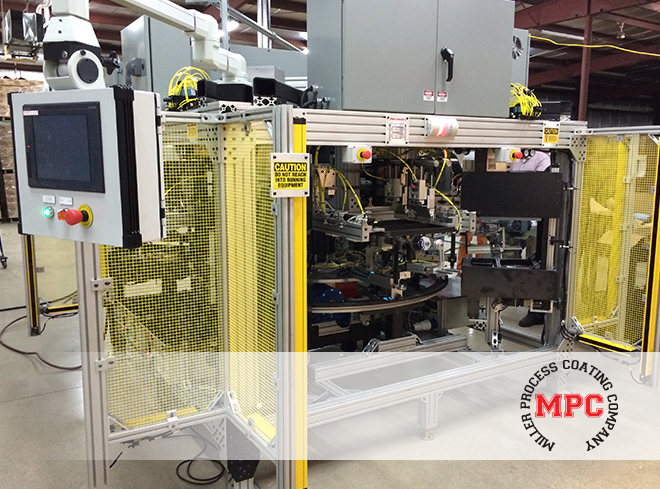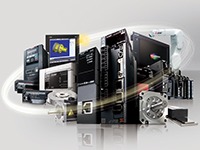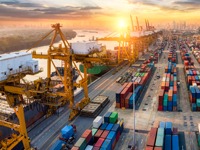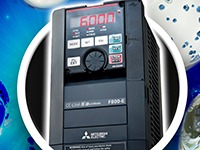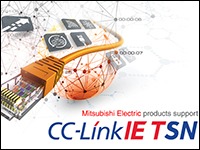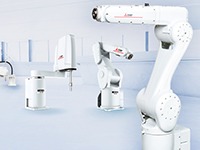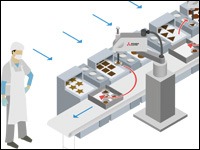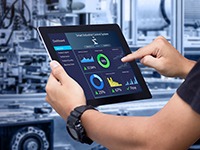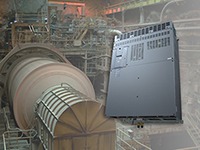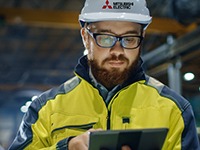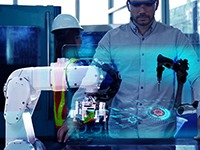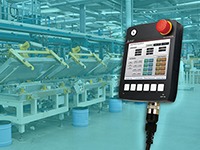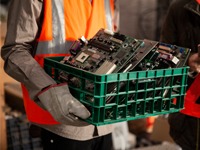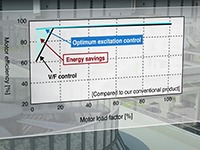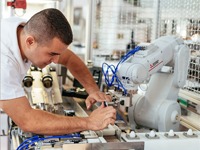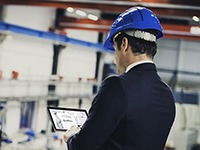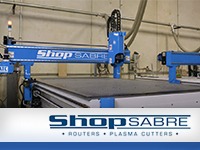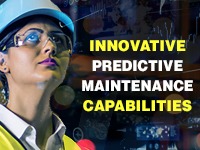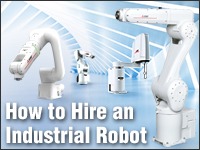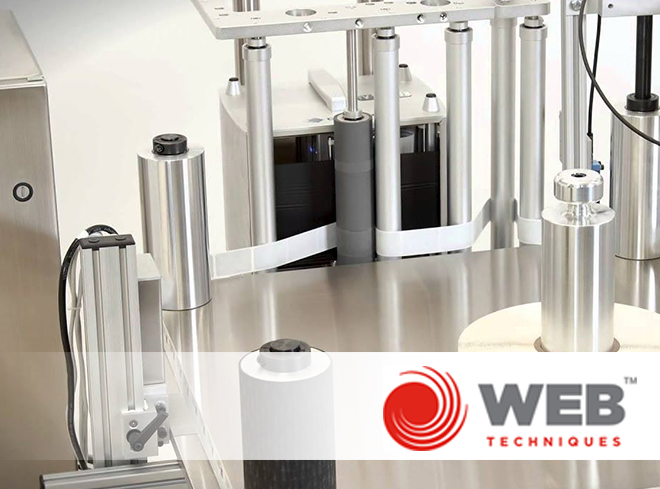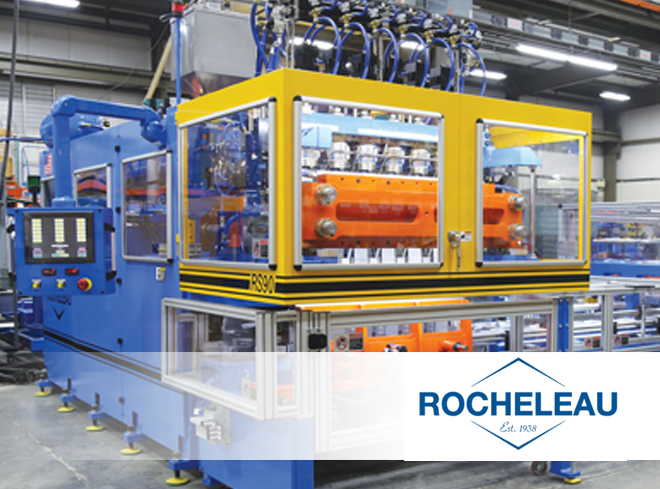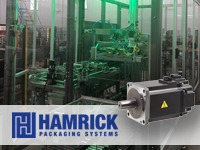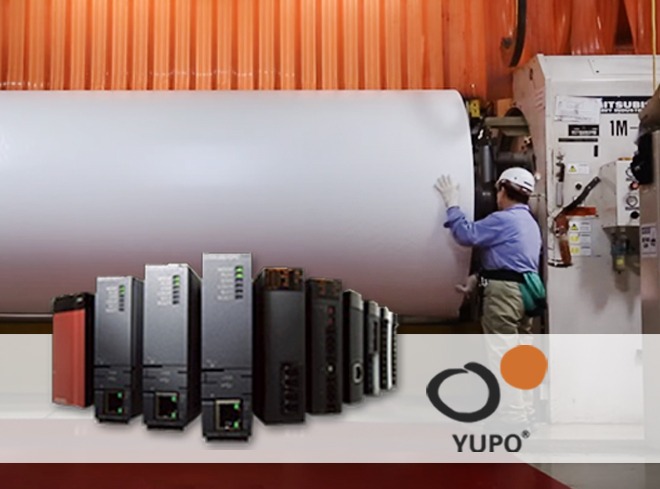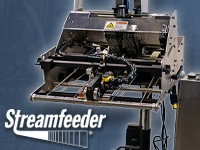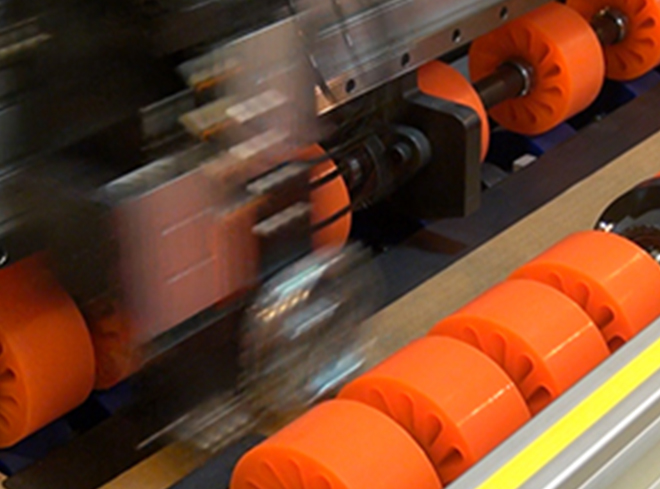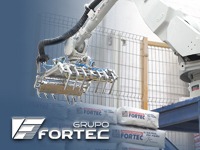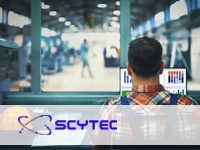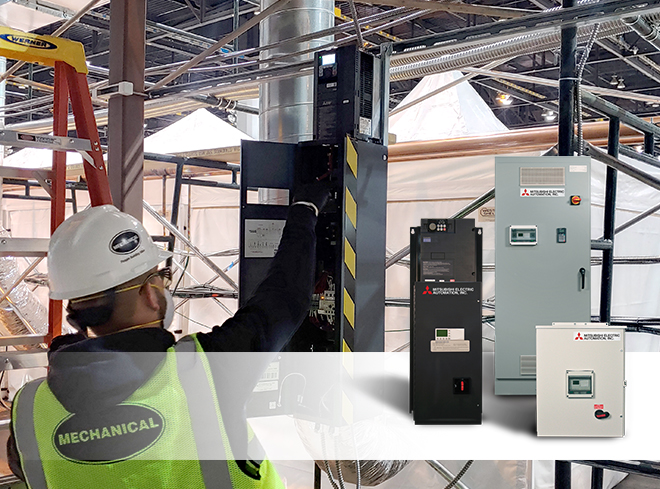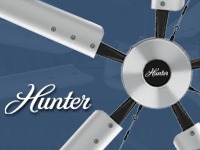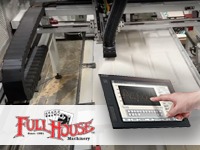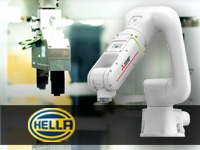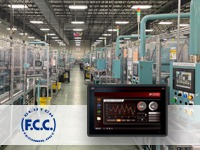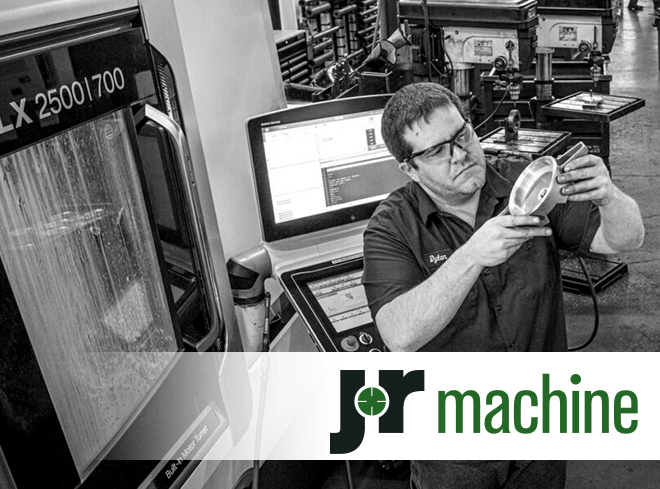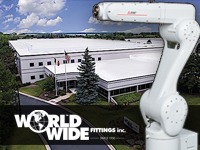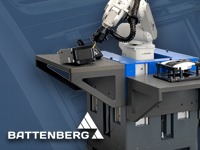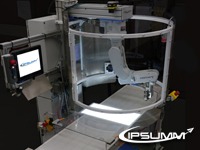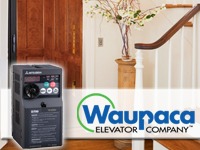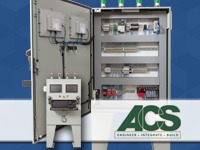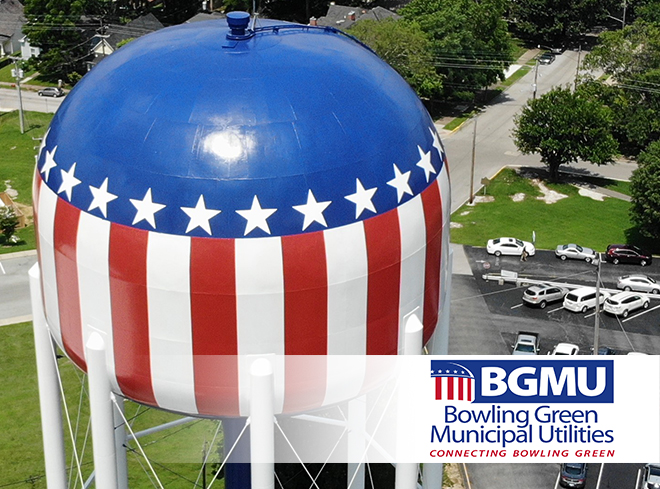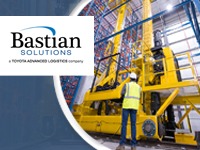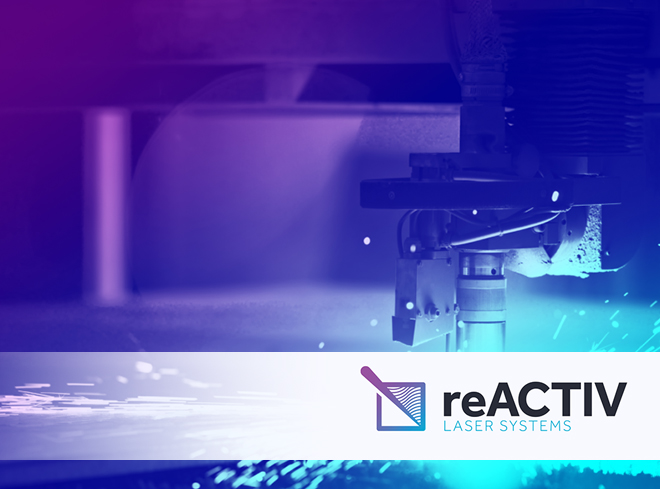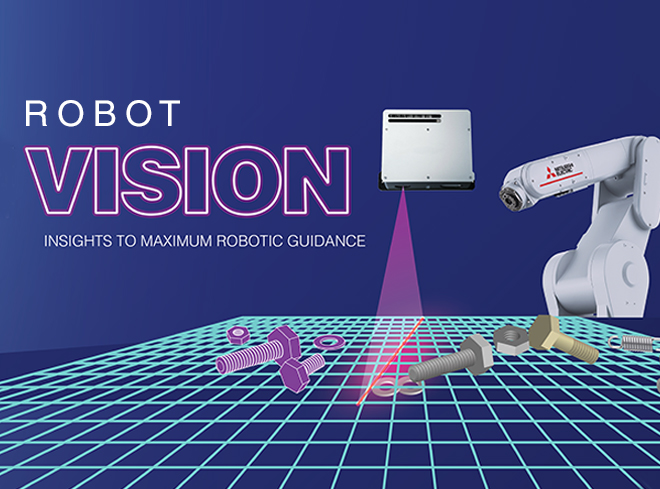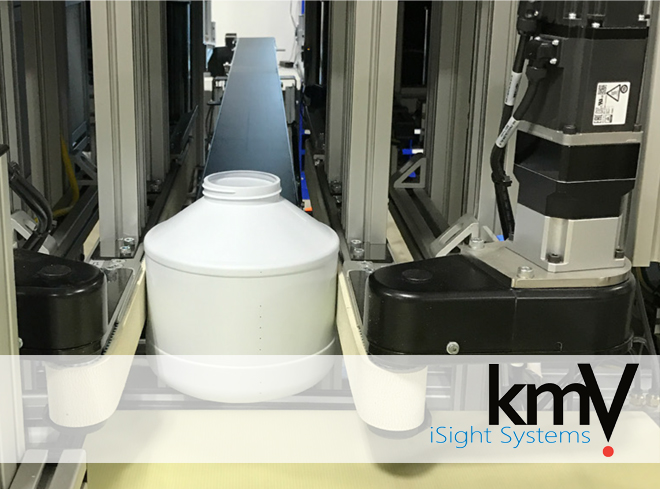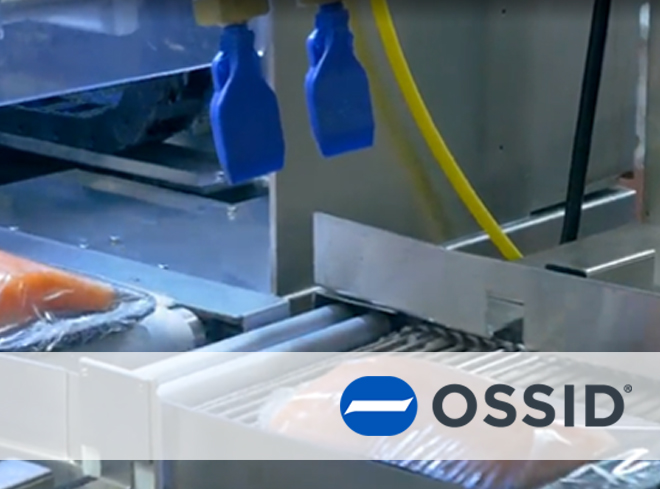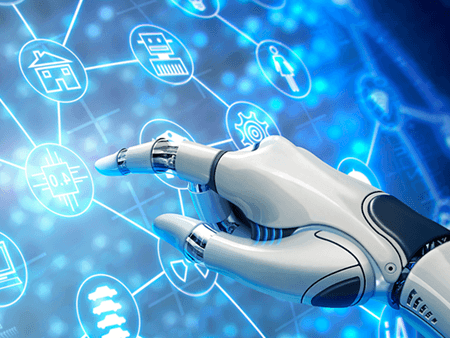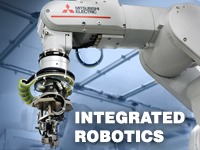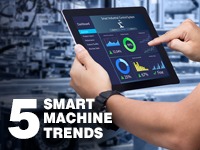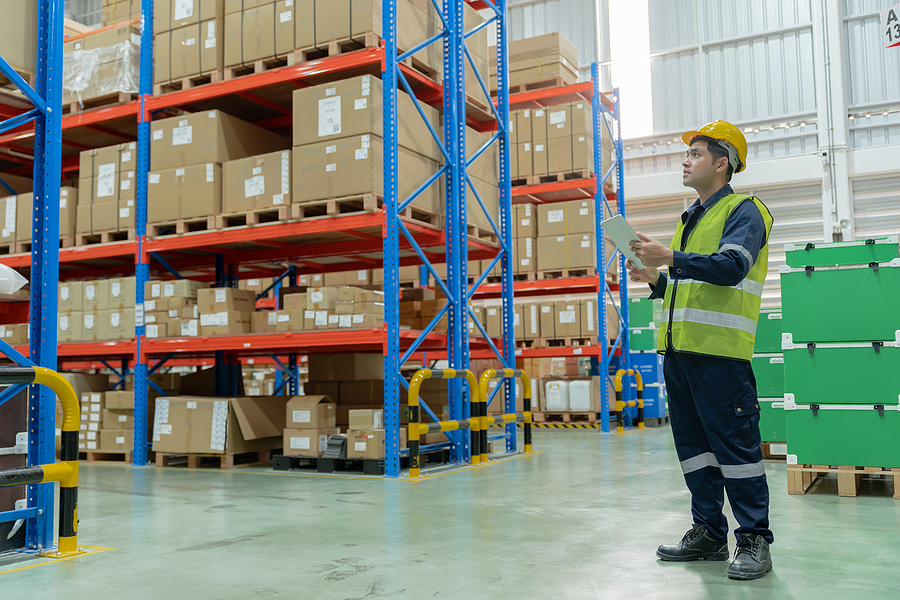
When you’re considering the future of manufacturing, there are two main components to consider: automation and Industry 4.0. What is Industry 4.0? It embraces the advancements of intelligent digital technologies like robotics, automation, cloud computing, Blockchain, AI, machine learning, etc., and integrates them into manufacturing and industrial processes.
Automation is part of Industry 4.0. It changes the way humans have to do their jobs by having machines use technologies like analytics, sensors, and robotics to help out with routine and even hazardous tasks. In 2020, the National Safety Council reported there were 7,3,60 forklift accidents in the U.S., resulting in 70 deaths and 7,290 injuries. Injured workers require an average of 17 days off.
The future of manufacturing is heading towards the embrace of packaging automation and Industry 4.0. Here are the important details that everyone in the packaging industry needs to know.
What Is Automation in the Packaging Industry?
Packaging industries use automation in many ways, often through robotics, sensors, analytics, and machine learning. These technologies work with filling, box/carton, packing/palletizing, wrapping/sealing, forklifts/stacking, and labeling machines.
How does it work? The best way to understand how it all works is by taking something you use every day.
Take a brief look at toothpaste. The toothpaste has to be extruded into toothpaste tubes, using an exact weight, and then the tubes’ ends must be sealed properly with one end crimped and the other end sealed and capped. Tubes may go into boxes that must be folded and tucked into the end correctly or glued to prevent the box from breaking open. The individual toothpaste boxes go into cartons. Those cartons are also folded and taped or glued that are stacked on pallets, wrapped for shipping, and moved onto trucks with forklifts.
Depending on the brand, there are additional steps. Tubes may need to have labels applied properly. The individual boxes might need to be wrapped in protective plastic. Labels need to be applied to the cartons for shipping. You also have the forklifts moving the toothpaste to the machines that extrude it, refilling the boxing machines, and the finish cartons onto the pallets.
If you imagine all of this work, it’s easy to imagine how much time it takes a few workers to complete each task. One wrong move with a forklift could be disastrous. Automation takes away the risk by using lasers and sensors for guidance and making sure the exact weight is filled into the tubes without error.
Explore How Industry 4.0 Technologies Benefit Manufacturing Plants
The benefits of Industry 4.0 technologies and automated packaging are numerous. Not only does it make sure resources are used as efficiently and effectively as possible, but it also benefits companies in these areas.
It increases packaging speeds.
With machines doing a lot of the work, they can move at much faster rates than people, as it’s human nature to need sleep, nutrients, and breaks. With packaging machines working faster, more gets packaged each day, and that helps lower the risk of shortages with high-demand products.
It lowers energy consumption, maintenance requirements, and operating costs.
Your older packaging machines use a lot of energy, but upgrading to newer machines with AI and automation ends up saving money on energy bills. While workers need things like lights and heat on a third shift, machines don’t require the same creature comforts. This cuts costs, so while it does cost money to upgrade the machines, the savings quickly make up for it.
Another aspect is that automated equipment can incorporate predictive maintenance. Machines can do some of the required maintenance on their own, which eliminates the need for emergency repairs that add up to high overtime expenses.
It heightens product quality.
Machines use lasers, sensors, and AI to ensure things are done accurately every time. This lowers the risk of having defects or contaminants that lead to costly recalls or defective product returns.
Suppose you’re packaging yogurt drinks. It is a temperature-stable food item that cannot be at room temperature for long. Automated fillers or packaging equipment can keep track of the room temperature and make adjustments or alert workers if something is off.
It reduces product and material waste.
Have you ever had your workers make one mistake that meant an entire day’s run ended up in the trash? With automated packaging, robotic forklifts won’t be tired and accidentally catch on a shelf leading to pallets of finished product toppling to the floor. Things won’t accidentally get mislabeled with the wrong product type or flavor.
It lowers workplace accident rates.
With machines taking care to move pallets around the factory, load trucks, and wrap items, there are fewer accidents in the workplace. This lowers the risk of OSHA fines and costly training times for new and current employees for things like forklift recertification or licensing.
It creates new opportunities for employees.
The introduction of packaging automation doesn’t mean workers are out of jobs. Instead, they have the chance to learn something new. They can learn coding skills that make them far more valuable in today’s workplace.
How Do You Transform Your Manufacturing Plant to Incorporate Automated Packaging and Industry 4.0 Technologies?
When you have older equipment, how do you transform your manufacturing and packaging plant to incorporate Industry 4.0 technologies? Where do you start?
Any improvements need to start with a budget. Figure out how much you can afford for improvements. Don’t overlook the benefits of federal and state grant money. Factory automation grants can help you make improvements without having to go into massive amounts of debt or costly business loans.
Once you have a budget, talk to Mitsubishi Electric. Our team of AI and automation experts assist you with the best way to add packaging automation to your factory. Packaging automation solutions include bagging, bottle filling, case, form-fill-seal, labeling, and palletizing. Check out a few customers that Mitsubishi Electric helped boost packaging efficiency and capabilities.
Hamrick Packaging Systems needed a robotic pick-and-pack solution for its protein powder packaging work. At any time, there are 20 different products, and some might go days being the only things that are packaged. Mitsubishi Electric came up with a solution using servo motors with built-in AI.
Millenium Packaging is one of the many companies Mitsubishi Electric helped with their packaging automation needs. The company needed filling equipment that could handle something fluid and watery just as easily as it could something thick like caramel. Enter the Vulcan, a modular cartridge-filling system that can be manual, semi-automated, or fully automated, all to match a company’s needs.
Mitsubishi Electric can help you, too. Reach out to our packaging automation specialists by phone or email to get started addressing your issues and the desired solutions.
Work with Us and Succeed
We love our customers and the challenges they bring to us. We also like to let our customers shine by discussing how we worked together to solve their biggest challenges. If you have a challenge that needs to be solved and would like to be our next BIG success story, reach out to us and let’s connect!

